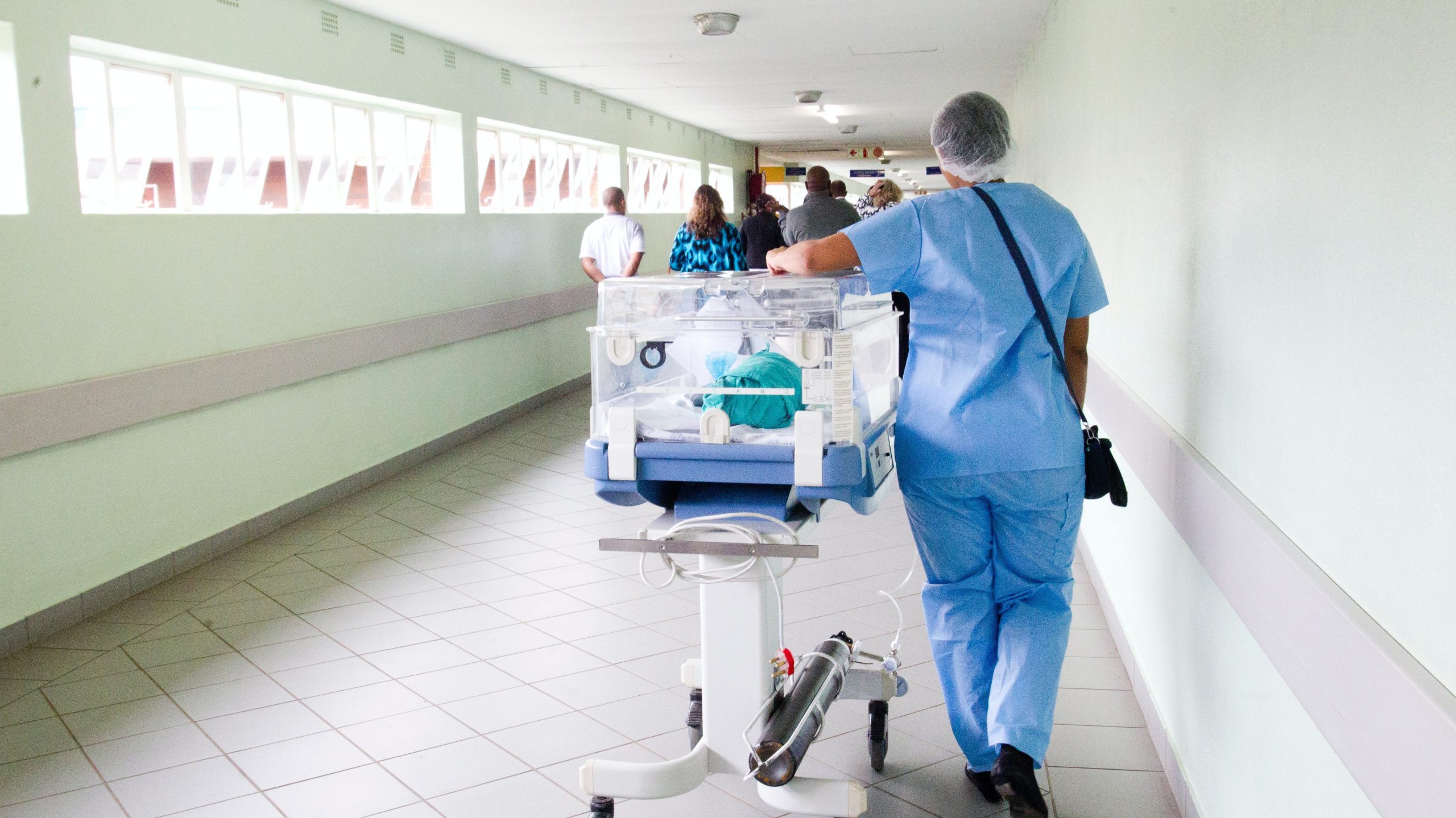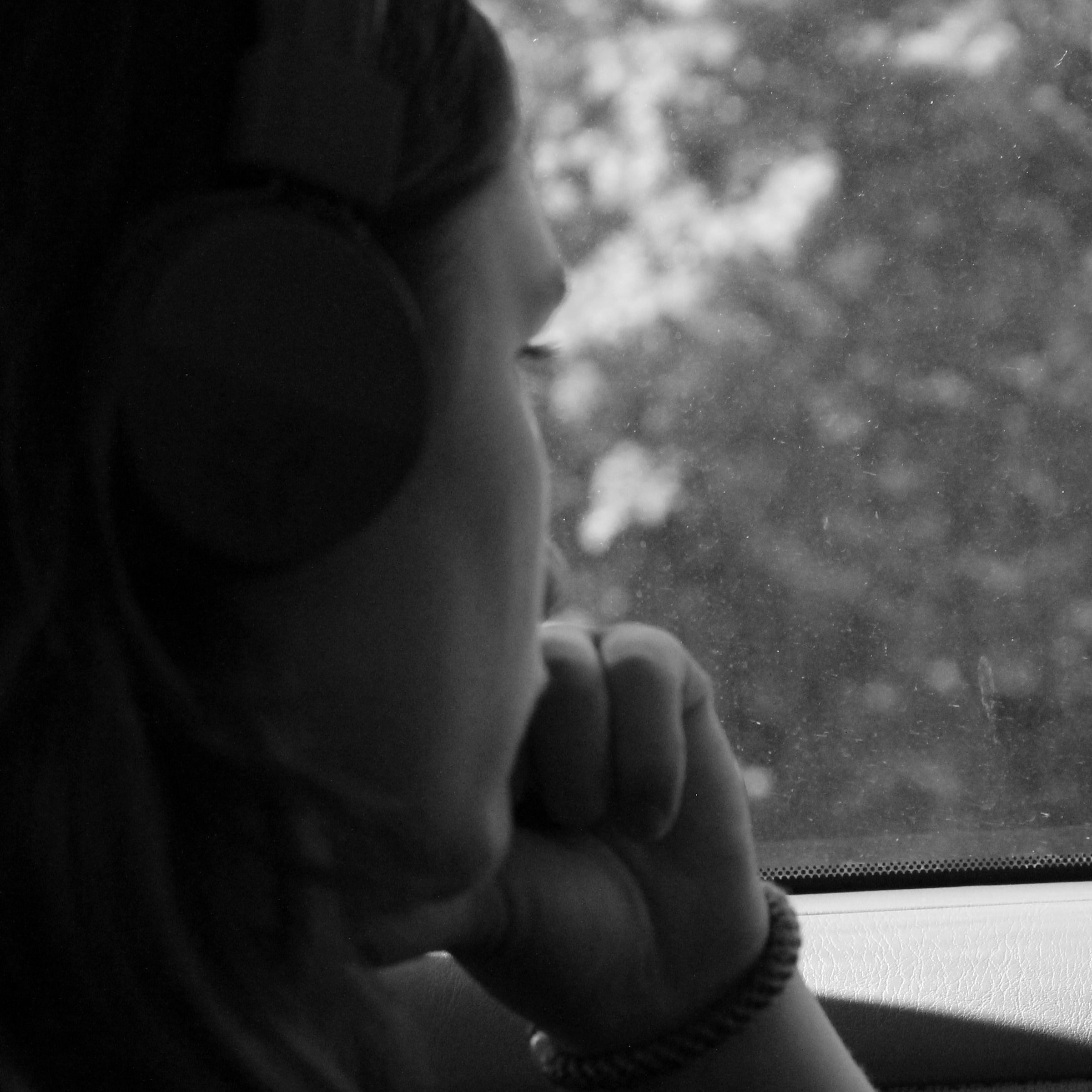Resources
Support for NHS Staff

The NHS online toolkit has been developed as part on the NHS wellbeing and resilience coaching team.
Practitioner Health has been set up by NHS England for NHS staff, and has a number of free services that all staff can tap into and use including access to free apps, and a helpline.
National NHS staff wellbeing helpline
NHS England have a mental health hotline for NHS staff of all roles and levels.
Lines operate 7am to 11pm daily: 0300 131 7000
Or you can text FRONTLINE to 85258 (available 24/7).
If you’ve experienced a bereavement or loss you can call 0300 303 4434.
Volunteers are on hand to listen to you and give psychological support, advice on coaching, bereavement care, mental health and financial help.
Support for everyone: Mental wellbeing support resources

Able Futures
Able Futures is a service provided by the Department for Work and Pensions to support people in employment. They give you regular time to speak with a mental health specialist about issues that are affecting you at work, so that you can learn new ways to look after yourself so that you can feel more resilient and able to cope as well as finding the confidence to take practical steps to overcome problems and make adjustments to help your mental health at work. They can support you for up to 9 months by providing therapy or even help work with your employer to make adjustments to support you at work.
Call Able Futures free on 0800 321 3137 from 8am to 10.30pm, Monday to Friday to find out more about our online mental health support. Alternatively, apply online –
Every Mind Matters
Taking care of your mind is really important while staying at home because of coronavirus (COVID-19). Every Mind Matters has shared tips and advice on things you can do to help you keep on top of your mental wellbeing and cope with how you may feel. You can also get a personalised Mind Plan. Designed specifically to help manage your mental wellbeing during coronavirus, it includes a tailored COVID-19 Mind Plan, COVID-19 specific content for individuals and their loved ones, and support for specific mental wellbeing issues such as anxiety, stress, low mood and trouble sleeping.
Public Health England – mental wellbeing guidance
Measures in place to manage the coronavirus outbreak and reduce transmission may have an impact on your wellbeing. Public Health England has shared this guidance which may help you to manage your mental wellbeing at this time.
Calm
Calm.com – Let’s Face This Moment Together is a collection of meditations, sleep stories, music and more put together by Calm.com to support your mental and emotional wellness during the coronavirus outbreak. Their resources include guided meditations, calming music and details on mindful practice.

Unmind
The team at Unmind have worked with world-class experts to create bite-sized and interactive courses for proactively looking after your mental health. Whether it’s improving sleep, nurturing relationships, reducing stress, or managing anxiety – there’s something for all areas of life; sign up free if you’re NHS staff.
Daylight
Daylight is a smartphone-based app that provides help to people experiencing symptoms of worry and anxiety, using evidence-based cognitive behavioural techniques, voice, and animation.
Headspace
Headspace offers over 1,000 hours of mindfulness and sleep content and can help reduce stress and improve wellbeing. Currently free access for NHS staff.
Nature’s Coaching have a number of free resources to support NHS staff. There are self-help techniques to help with stress and anxiety and quick and easy strategies you may find useful. The 7/11 breathing technique is a simple technique to help calm and relieve anxiety and stress.
Mindfulness
See our mindfulness page for regional offers for health and social care staff
Bereavement

Losing someone you know or love can be a painful and sometimes lonely experience, especially with current COVID-19 restrictions.
If you are caring for others it can also be difficult to allow yourself to grieve.
Steps you can take to helping yourself
Talking with friends and family can be comforting.
Remember the good times with the person you have lost, this way you keep them as a part of your life. You might find it helpful to create a memory box and keep a few of their special possessions or photo’s.
If you feeling overwhelmed or particularly distressed, share how you are feeling with someone you can trust and if these feelings persist speak to your GP who may be able to refer you to specialist services who can support you.
You can also contact Cruse Bereavement Care, a leading national bereavement charity who can provide additional support and information to help you during this time.
HNY Resilience Hub Bereavement Support Group – Join our virtual group which will be delivered by experienced clinicians in a safe and supportive environment. 6 sessions starting in May 2024. If you are interested please self-refer to the Hub here or contact hny.resiliencehub@nhs.net / 03300 022 044.
Coronavirus – dealing with bereavement and grief covers some of the different situations and emotions bereaved people may have to deal with, as well as advice on how to support people who’ve lost friends or family during the pandemic.
How you can help someone who has experienced a loss
Remaining in touch with friends and family who have experienced a bereavement can be of huge help and comfort to them. Let them talk about how they are feeling and about the person who has died. If you are worried they may need further support you can suggest they contact Cruse or their GP for further advice and support.
Sleep

Our sleeping patterns could be affected by concerns around the Coronavirus outbreak and fatigue could be a concern for those staff working long shifts coupled with personal responsibilities at home, therefore getting good rest where possible is crucial at this difficult time – take a look at good sleep hygiene tips from the Sleep Council.
Sleepio
Sleepio is a clinically-evidenced sleep improvement programme that is fully automated and highly personalised, using cognitive behavioural techniques to help improve poor sleep.
Self-help guides
A series of self-help guides are available from Tees, Esk and Wear Valleys NHS Foundation Trust to view and download, covering the following topics:

- Abuse
- Alcohol and You
- Anxiety
- Bereavement
- Controlling Anger
- Depression and Low Mood
- Domestic Violence
- Eating Disorders
- Food For Thought
- Health Anxiety
- Hearing Voices and Disturbing Beliefs
- Obsessions and Compulsions
- Panic
- Post-Traumatic Stress
- Postnatal Depression
- Social Anxiety
- Sleeping Problems
- Stress
Support for children and young people
The Government has advice on how to support children and young people on the gov.uk website.
The Recovery College Online has a new course for young people aged 13 -18 to help them learn about and understand the global COVID-19 pandemic. The course is free and provides helpful information about what the virus is, how to stay healthy and avoid passing it on, things to do at home, as well as exploring how young people might feel about the pandemic and how they can help themselves.
Our confidential wellbeing questionnaire is also targeted at family members of health and care staff (even if you don’t want to complete it yourself).
Once your child has completed the screening, the team will call you (or their parent/carer) to speak in more detail about how things are. Click here to visit our questionnaire page.

More information:
- Amaze – information pack for parents of children with special educational needs and disability (SEND)
- Covibook – interactive resource to support and reassure children aged seven and under
- Carers UK – guidance for carers
- Mencap – easy read guide to Coronavirus
- Young Minds – talking to your child about Coronavirus and 10 tips from their parents helpline
Domestic violence

If you or someone you know is the victim of domestic violence support is available:
- Mankind provides confidential support for male victims of domestic abuse and violence.
- Refuge is the UK’s largest single provider of domestic and gender-based violence services.
- Relate provides relationship support for people of all ages, backgrounds and sexual orientations.
- The National Domestic Violence Helpline run in partnership between Women’s Aid and Refuge, is a national service for women experiencing domestic violence, their family, friends, colleagues and others calling on their behalf.
- Respect Men’s Helpline offer advice and emotional support to men who experience domestic abuse, and signpost to other vital services that help men keep themselves (and their children) safe. The helpline (0808 8010327) is open 9am to 8pm Monday to Friday; webchat is accessible via the Respect website Wednesday, Thursday and Friday 10am to 11am and 3pm to 4pm, with an e-mail service available on request as well.
Financial support and resources

Some people will be understandably concerned about the current Coronavirus outbreak and how this could affect personal finances. The Citizens Advice Bureau will give you the information you need to help you plan and keep your finances stable.
The government has provided information and guidance on what financial support may be available to you. You can also access the following:
- Cavell NursesTrust – May be able to help nurses receive financial help.
- Junius Morgan Benevolent Fund – Provides financial support grants for nurses that have practiced in the UK for a minimum of 5 years
- Mental Health and Money Advice – Explains how to budget during the Covid-19 outbreak so you feel more in control of your finance and mental health. The website provides advice on addressing rent/mortgage payments, dealing with utility bills, maximising your income and various other financial issues.
- Money Advice Service -Provides general, free, impartial advice.
- Money Saving Expert – Has dedicated financial information
- Employment advice – Has dedicated financial information
- Help with finance and bills – Has dedicated financial information
- Queens Nursing Institute – Offers financial assistance for those who are in financial hardship through having to self-isolate and whose income (or family income) has been severely reduced.
- Royal College of Nursing – A professional membership organisation that offers support to members and will also direct non-members to other sources.
- Royal Medical Benefit Fund – Helps doctors and their families when in need.
- Step Change – Provides free advice and practical solutions on debt and how it affects you.
- The Debt Advice Foundation – A registered national debt advice and education charity offering free, confidential support and advice to anyone worried about loans, credit and debt.
- The Money Charity – Aims to help people to better manage their money.
- Turn2us – A national charity providing financial support to help people get back on track. There is a specific section on COVID-19.
- Citizens Advice Bureau – A network of charities offering free, confidential advice online, over the phone and in person.
Page last updated: 6 March, 2024, 1:46pm